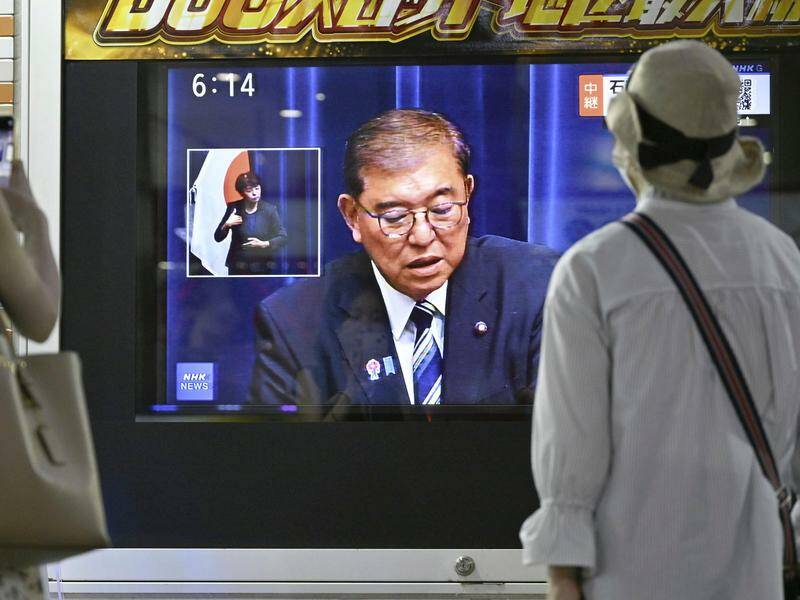
Japanese Prime Minister Shigeru Ishiba announced his resignation on Sunday, prompting a leadership contest within the ruling Liberal Democratic Party (LDP). Ishiba’s decision comes in response to a disappointing election result that saw his coalition lose its majority in both houses of parliament, a situation fueled by public dissatisfaction over rising living costs. He has called for an emergency leadership election to be held on October 4, 2024.
The resignation has created a wave of uncertainty in financial markets. Following Ishiba’s announcement, the Japanese yen fell sharply, while stock prices surged. Speculation swirls around potential successors who may pursue more aggressive fiscal policies in Japan, the world’s most indebted advanced economy. Former Foreign Minister Toshimitsu Motegi has already declared his intention to run, stating, “The LDP is facing its worst crisis since its founding. We must unite quickly to tackle our serious challenges at home and abroad and move the country forward.”
Potential Candidates Emerge
As the political landscape shifts, two prominent figures are emerging as frontrunners for the leadership role: Sanae Takaichi, a seasoned politician known for her economic views, and Shinjiro Koizumi, the son of former Prime Minister Junichiro Koizumi. Although neither has officially declared their candidacy, both finished second and third in the last leadership contest held in September 2024.
Takaichi, who is currently 64 years old, could become Japan’s first female leader if she wins the election. She has previously held several ministerial positions, including in economic security and internal affairs. Her economic stance is notable for opposing interest rate hikes by the Bank of Japan, advocating instead for increased spending to stimulate the economy. Investors are particularly interested in Takaichi’s potential leadership, as her policies could influence the timing of monetary policy adjustments by the central bank.
Koizumi, at 44, stands to become the youngest leader in Japan’s modern era. He gained recognition as Ishiba’s farm minister and is seen as a moderate candidate with a focus on economic stability.
Implications for Japan’s International Relations
The political developments in Japan will not only impact domestic economic policies but also the country’s international relations, particularly with China. Takaichi’s nationalistic views, which include advocating for a revision of Japan’s pacifist constitution, are likely to draw scrutiny from Beijing. Her frequent visits to the Yasukuni shrine, a site that honors Japan’s war dead, have historically been viewed by China as a symbol of Japan’s militaristic past.
Earlier in 2025, Takaichi visited Taiwan, a territory claimed by China, where she proposed the idea of a “quasi-security alliance” among Taiwan, Japan, and other partners. Jeffrey Hall, a lecturer in Japanese studies at Kanda University of International Studies, noted, “China might take a more hostile stance towards Japan because she depicts herself as very much a hawk regarding China.”
As the LDP prepares for the leadership election, the outcome will be closely watched by both investors and international observers. The decisions made in the coming weeks may shape Japan’s immediate future, affecting everything from economic policy to diplomatic relations in the Asia-Pacific region.






